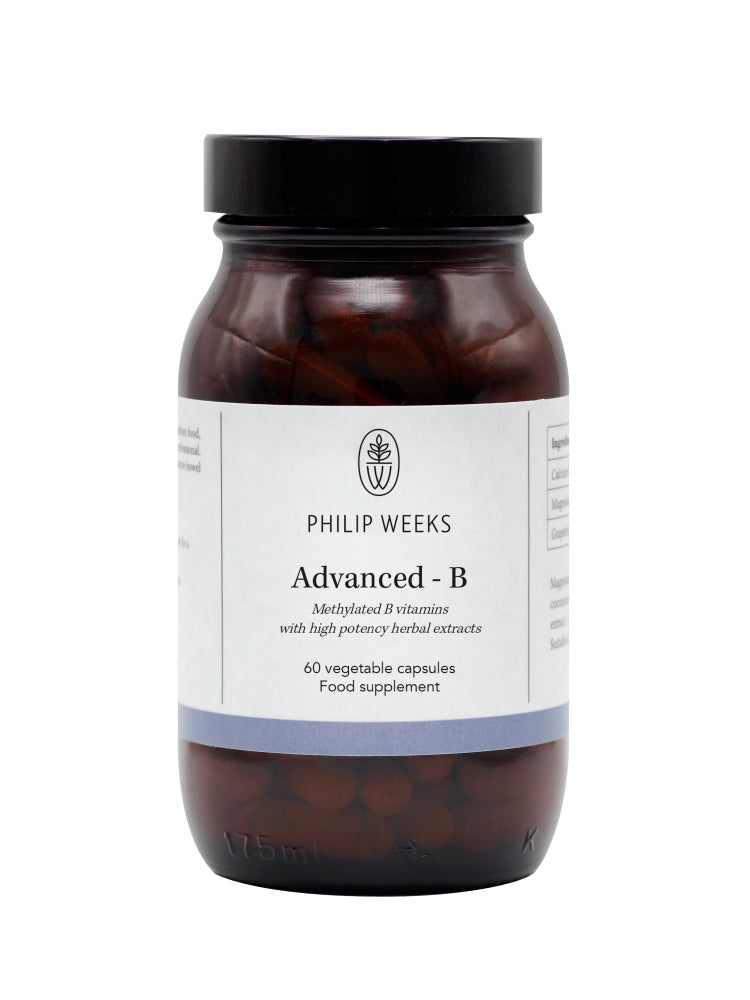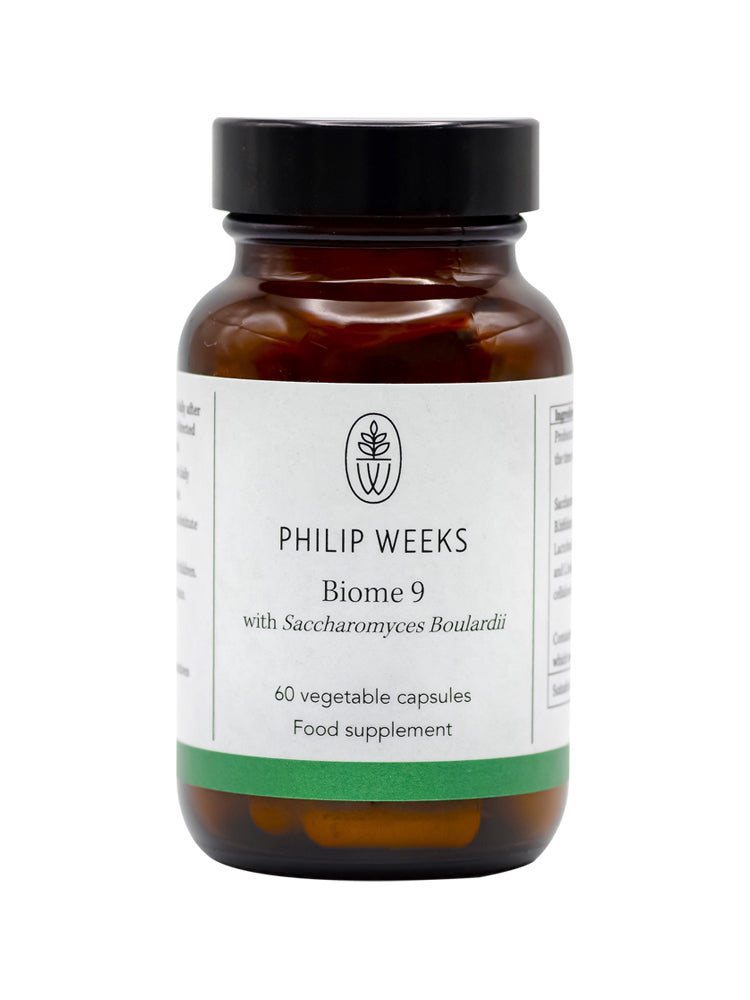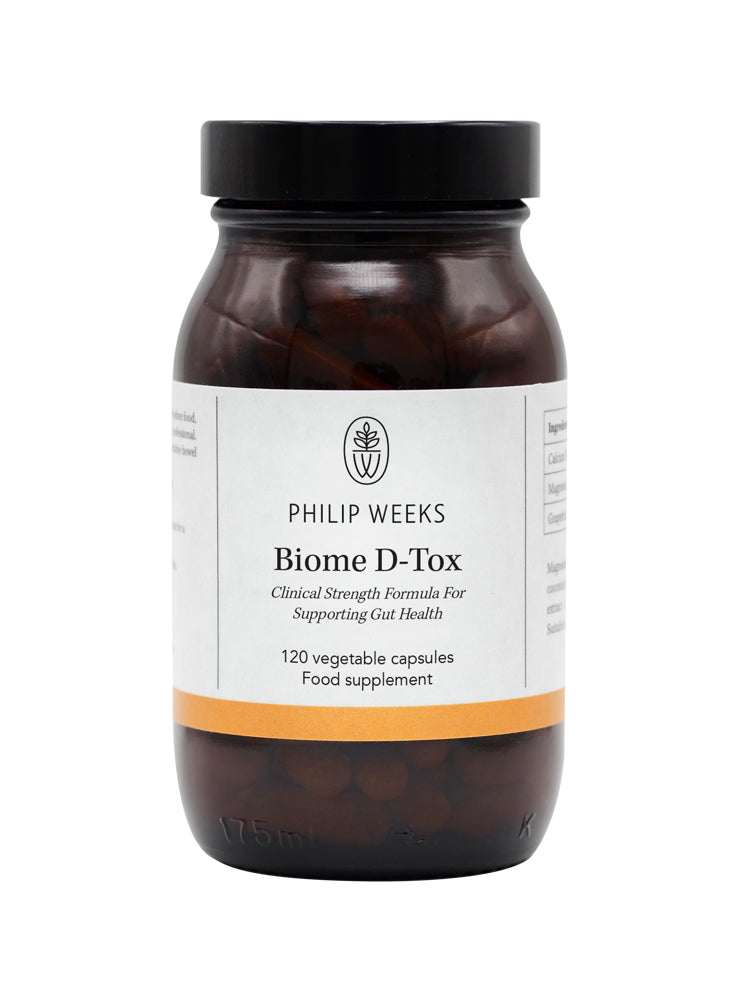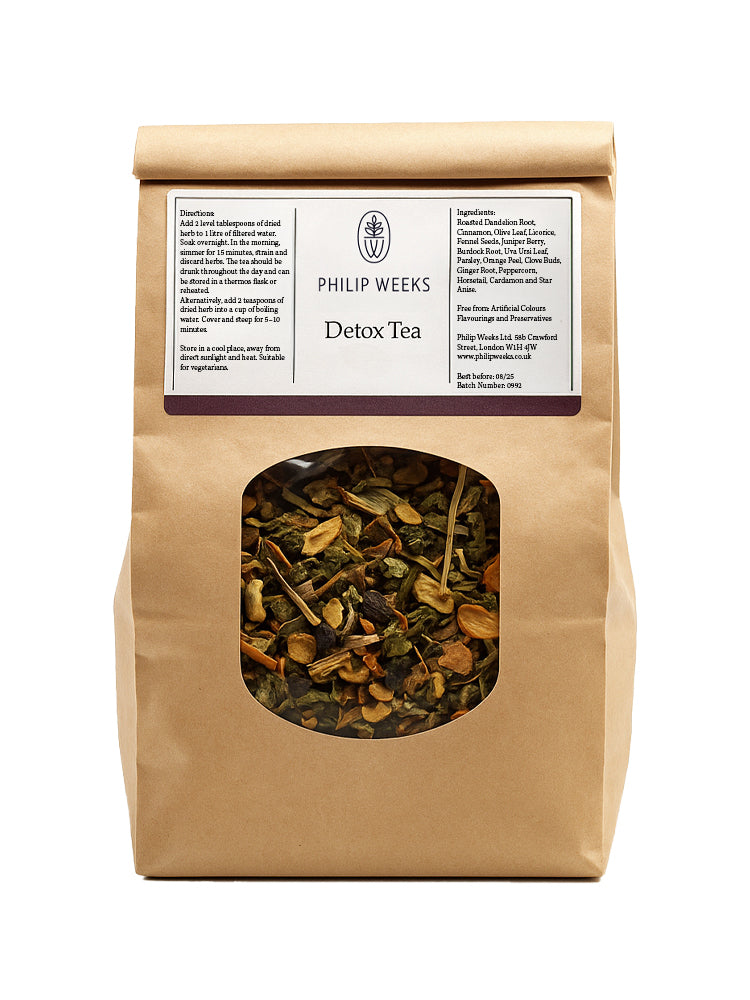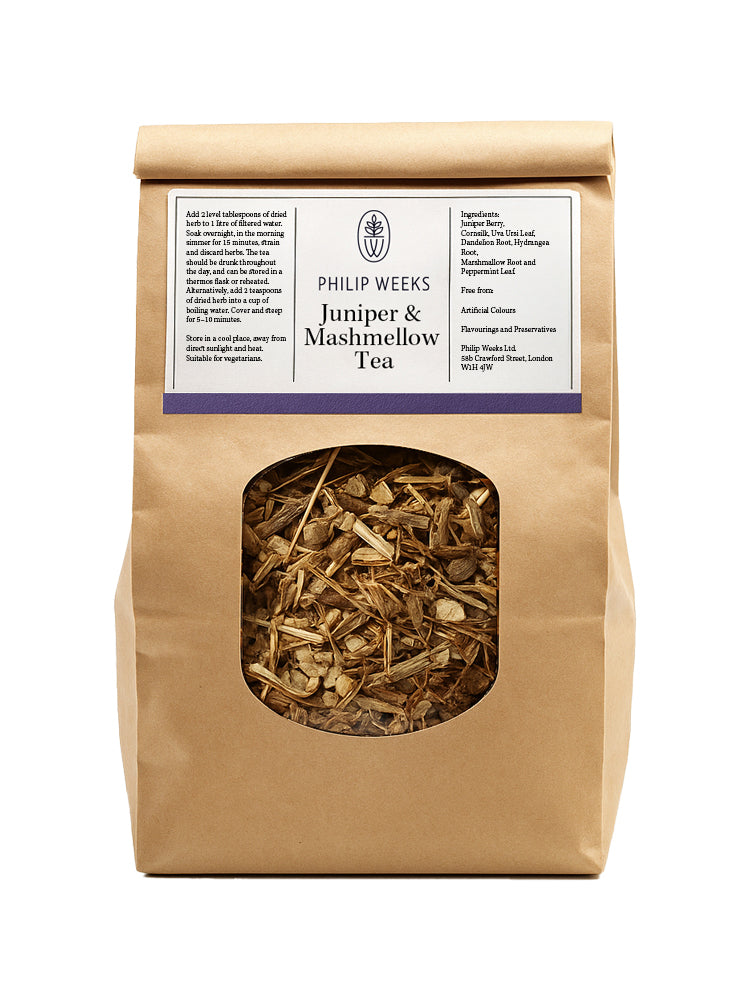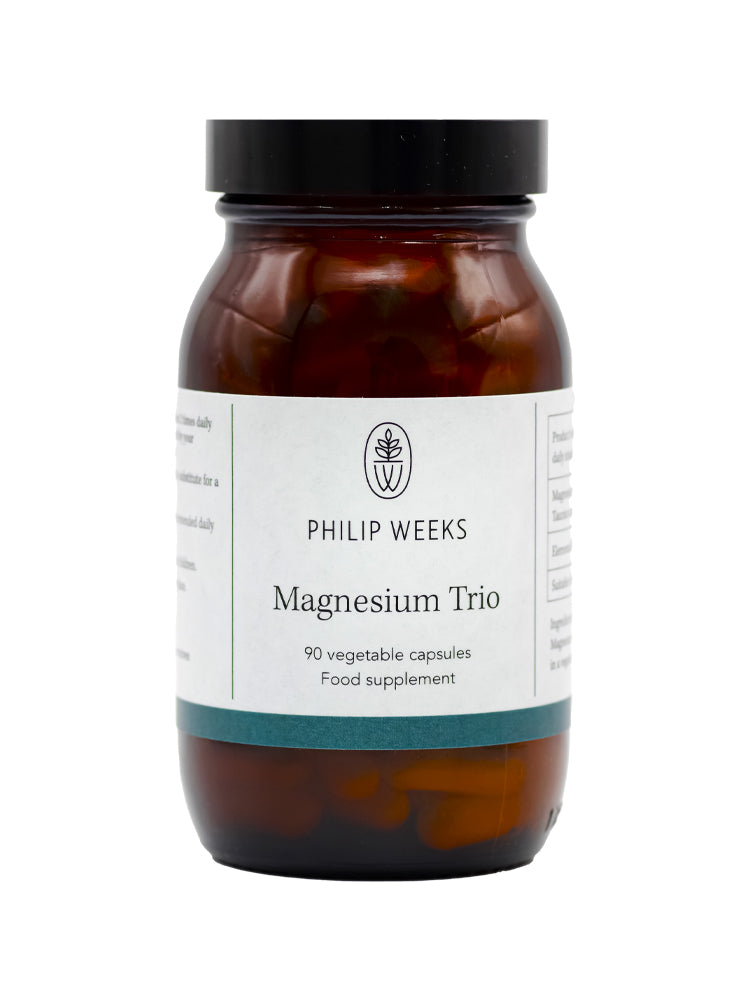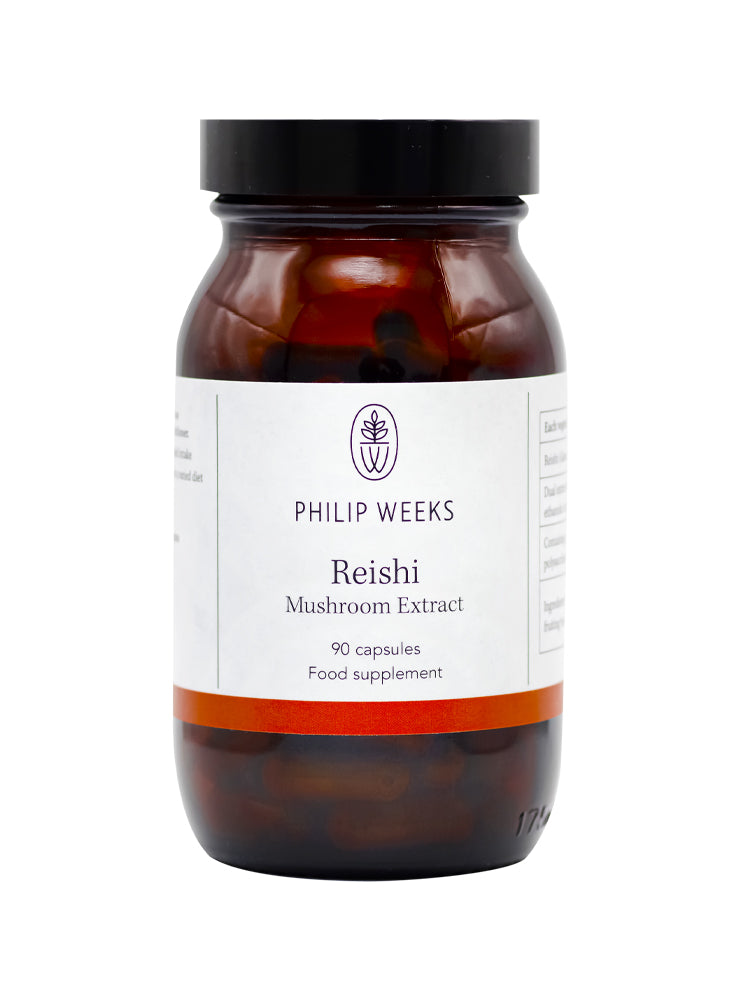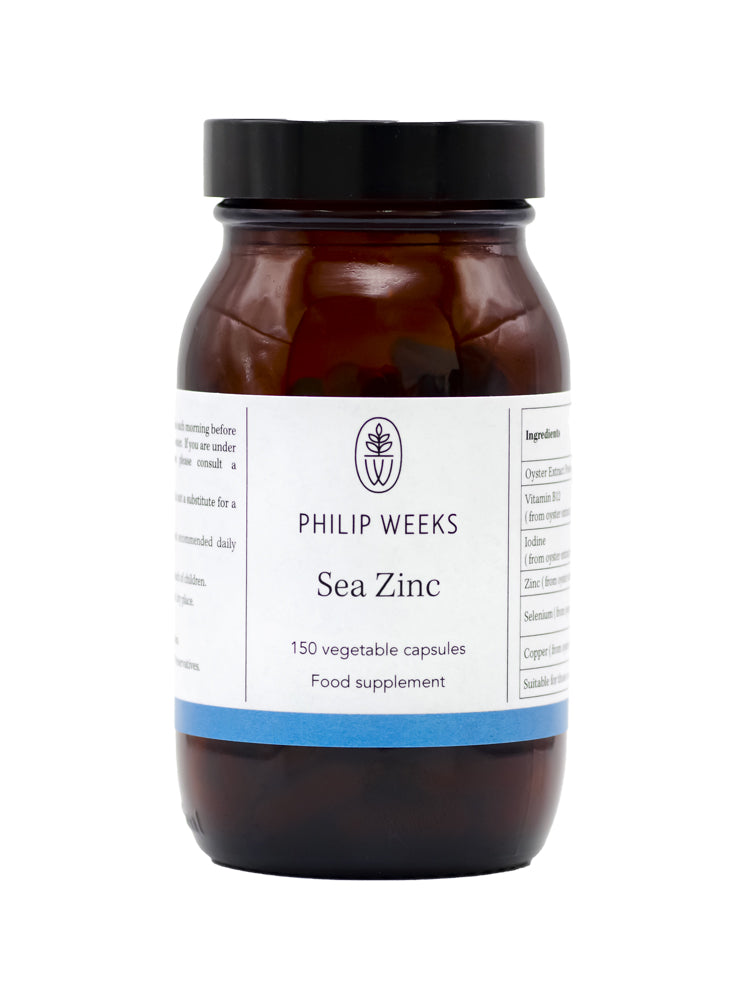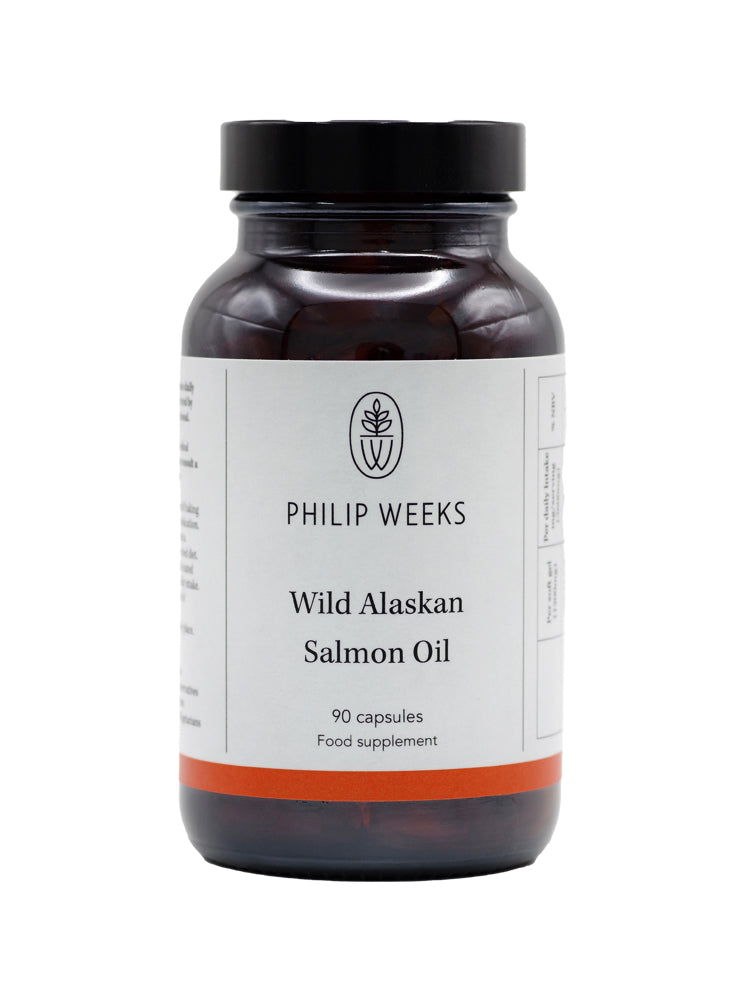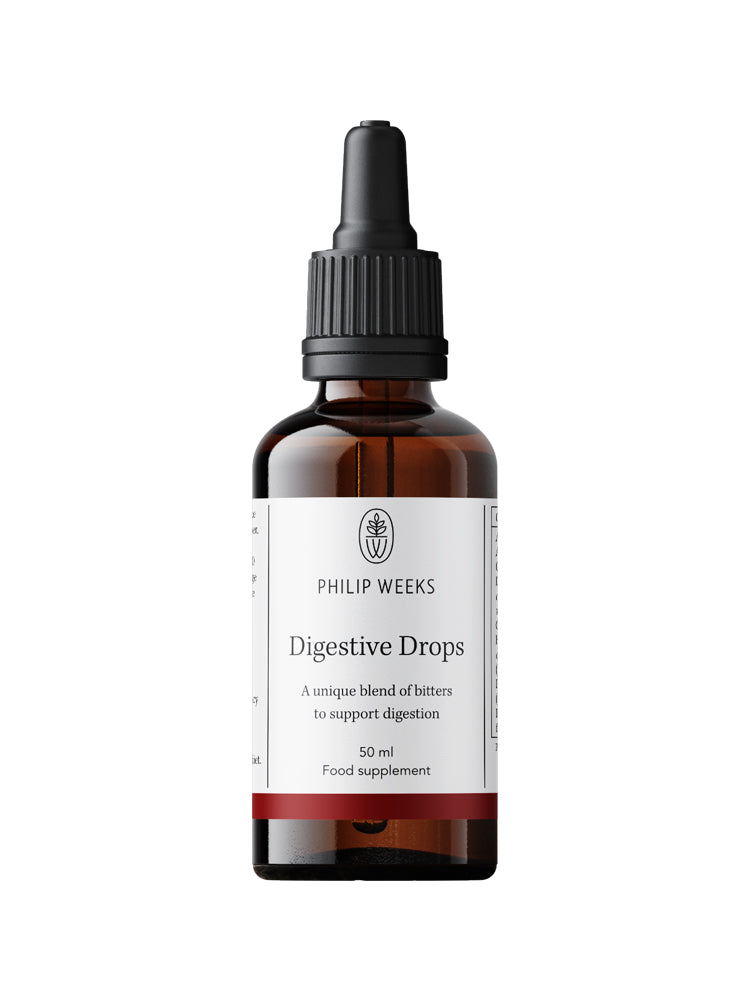
STUDIES HAVE SHOWN THAT GINGER CAN REALLY HELP……
Ginger can be highly effective for reducing menstrual pain (dysmenorrhea). A number of random control trials have shown that not only did it reduce the severity of the pain but reduced the length of time the participants had pain for.
Ginger was found in many incidences to be as effective as non steroidal anti inflammatory drugs (NSAIDS) but without the harsh side effects.
As little as 1/8 of a teaspoon of ginger powder 3 x daily was effective started on the day the period began and taken for an average of 4 days. Interestingly when this was repeated a month later, the pain was reduced even more. It would seem that it has an accumulative effect.

Ginger contains compounds known as gingerols and shogaols, which can help reduce inflammation and pain in the body. Ginger can also help improve circulation and promote relaxation in the muscles, which can help alleviate cramping and discomfort.
In Chinese Medicine menstrual cramping and pain is called ‘cold in the uterus’ and in China women are told not to eat cold or too many raw foods during their period or drink or cold / iced water. This analogy holds true as a hot water bottle can be very helpful in reducing cramping and pain. Ginger (Sheng Jiang) is very warming and helps to dispel cold out of the body.
References
Negi R, Sharma S K, Gaur R, et al. (March 06, 2021) Efficacy of Ginger in the Treatment of Primary Dysmenorrhea: A Systematic Review and Meta-analysis. Cureus 13(3): e13743. doi:10.7759/cureus.13743
Jenabi E. The effect of ginger for relieving of primary dysmenorrhoea. J Pak Med Assoc. 2013 Jan;63(1):8-10.
Ozgoli, G., Goli, M., & Moattar, F. (2009). Comparison of effects of ginger, mefenamic acid, and ibuprofen on pain in women with primary dysmenorrhea. Journal of Alternative and Complementary Medicine, 15(2), 129-132.


